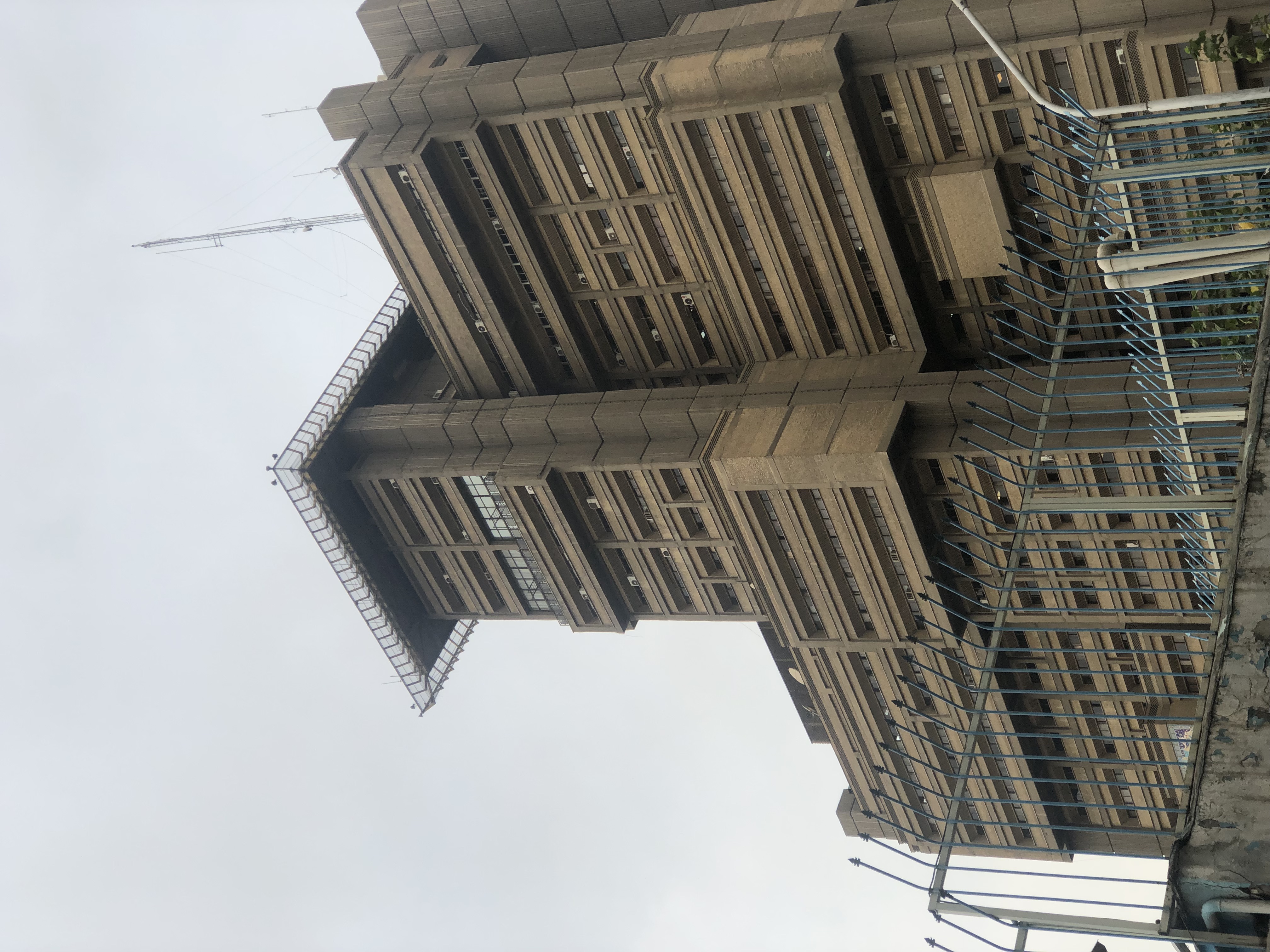|
Sadegh Amirazizi
Sadegh Amirazizi (1905–1992) was an Imperial Iranian Army general and a politician who served as the minister of interior three times during the reign of Shah Mohammad Reza Pahlavi. Following the 1979 revolution he left Iran and settled in Paris, France. He died there in 1993 and buried in Behest e Zahra Cemetery in Iran. Early life and education Amirazizi was born in Tehran in 1905. His father was Seyyed Azizullah. After completing his primary and secondary education at Tarbiat School he entered the officer's college. He joined the army headed by Reza Shah in October 1924 with the rank of second lieutenant and began to work an aide to the Gilan Independent Regiment. In 1941 Amirazizi was promoted to the rank of colonel and studied at the University of War. Career Following his graduation Amirazizi worked at different divisions of the army. In 1946 he was named the deputy dean of the officer's college in Tehran and was promoted to the rank of major general in 1947. He served ... [...More Info...] [...Related Items...] OR: [Wikipedia] [Google] [Baidu] |
Ministry Of Interior (Iran)
The Ministry of Interior ( fa, وزارت کشور, ''Vâzart-e Kâshvar'') of the Islamic Republic of Iran is in charge of performing, supervising and reporting elections, policing, and other responsibilities related to an interior ministry. Duties *To provide and protect domestic security and establishment of peace and order across the country and coordination between intelligence, disciplinary, and military organs and protecting borders *To manage police affairs *To make an effort to achieve and develop political and social freedoms according to the constitution and other laws of the country and providing sustainable political and social development and promotion of public participation *To protect and preserve the achievements of I.R. of Iran through public participations *To provide conditions of appropriate practice of political and nongovernmental parties and formations and supervision on their activities *To guide, lead and support of Islamic councils and supervision on th ... [...More Info...] [...Related Items...] OR: [Wikipedia] [Google] [Baidu] |
Government Of Asadollah Alam (1963–64)
The second government formed by Prime Minister Asadollah Alam was inaugurated on 19 February 1963. It replaced the first government of Alam which ended on 18 February when he submitted his resignation to the Shah Mohammad Reza Pahlavi. The cabinet lasted for nearly thirteen months until 8 March 1964 when Asadollah Alam resigned from the office. It was succeeded by the cabinet of Hassan Ali Mansur Hasan Ali Mansur ( fa, حسن علی منصور; 13 April 1923 – 26 January 1965) was an Iranian politician who served as Prime Minister from 1964 to 1965. He served during the White Revolution of the Shah Mohammad Reza Pahlavi and was a .... List of ministers The cabinet was consisted of the following sixteen members: Reshuffles and next cabinet Minister of Agriculture Hasan Arsanjani resigned from the office on 9 March 1963 and was replaced by Ismail Riahi. In fact, Arsanjani was forced to resign from the office and was appointed ambassador to Italy immed ... [...More Info...] [...Related Items...] OR: [Wikipedia] [Google] [Baidu] |
Governors Of Razavi Khorasan Province
A governor is an administrative leader and head of a polity or political region, ranking under the head of state and in some cases, such as governors-general, as the head of state's official representative. Depending on the type of political region or polity, a ''governor'' may be either appointed or elected, and the governor's powers can vary significantly, depending on the public laws in place locally. The adjective pertaining to a governor is gubernatorial, from the Latin root ''gubernare''. Ancient empires Pre-Roman empires Though the legal and administrative framework of provinces, each administrated by a governor, was created by the Romans, the term ''governor'' has been a convenient term for historians to describe similar systems in antiquity. Indeed, many regions of the pre-Roman antiquity were ultimately replaced by Roman 'standardized' provincial governments after their conquest by Rome. Plato used the metaphor of turning the Ship of State with a rudder; the Latin w ... [...More Info...] [...Related Items...] OR: [Wikipedia] [Google] [Baidu] |
